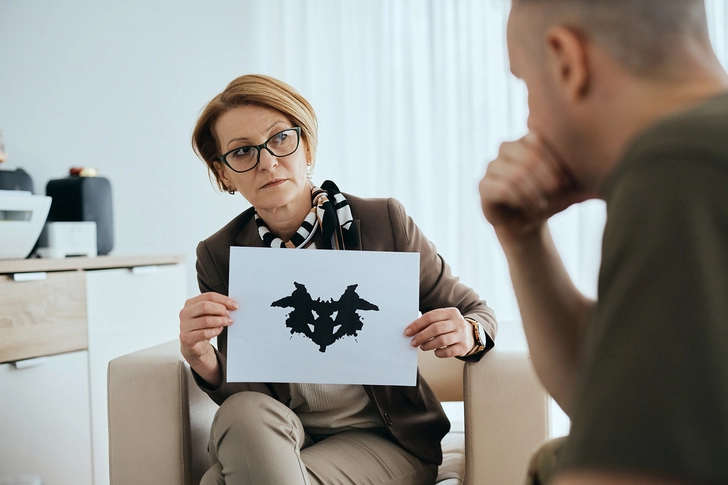- Overview
- Symptoms
- Causes & Risks
- Tests & Diagnosis
- Treatment
- Relapse
- Complications
- Living With
- Caregiving
- Appointment Prep
- View Full Guide
Understanding Involuntary Hospitalization


Understanding Involuntary Hospitalization
If you or a loved one has schizophrenia, you may worry about involuntary hospitalization. That's when you are put into a hospital even if you don't want to go. There are some key things to know about the process and your rights.

Reasons for Hospitalization
There are times when people with schizophrenia may cause harm to themselves or others. Involuntary hospitalization isn't meant to be a punishment, but a way to keep vulnerable people safe until they get better.

Why Does It Happen?
Schizophrenia is a brain disease that can cause you to hear and see things others don't and lose touch with reality. These symptoms can make you unable to understand that you need treatment. You may reach a point where you could harm yourself or others.

How It Works
In most states, you can be hospitalized against your wishes if a doctor or psychiatrist and a judge think there's evidence that you're a risk to your own health or safety or to that of others. Most state laws also allow any person, such as a family member or neighbor, to ask for a court-ordered mental health evaluation.

Know Your Rights
Rights vary from state to state, but you're usually entitled to the right to ask for voluntary commitment, a hearing, and an attorney to represent you. You can also request to be placed in the least restrictive environment possible.

What Else You Can Do
If a mental health crisis is possible, you can help protect yourself with an advance directive. These are legal documents that, if you can't make decisions for yourself, explain how you want those choices to be handled. You must have them drawn up while you're still legally able to make medical decisions.

Patient Advocates
Most hospitals have patient advocates who can help you or your loved ones understand your rights and resources. The National Alliance on Mental Illness website also has information and help for families that have loved ones with mental illness.
Photo Credits:
1) E+/Getty Images
2) Yuri A/Shutterstock
3) New Africa/Shutterstock
4) Drazen Zigic/Shutterstock
5) hafakot/Shutterstock
6) Yuri A/Shutterstock
7) Ground Picture/Shutterstock
Treatment Advocacy Center: “Know the Laws in Your State,” “Emergency Hospitalization for Evaluation.”
National Alliance on Mental Illness: “Getting Treatment During a Crisis,” “Psychiatric Advance Directives (PAD).”
Frontiers in Psychiatry: “Reduction of Involuntary Admissions in Patients with Severe Psychotic Disorders Treated in the ACCESS Integrated Care Model Including Therapeutic Assertive Community Treatment,” “Suicide in the Early Stage of Schizophrenia.”
StatPearls: “Involuntary Commitment.”
Substance Abuse and Mental Health Services Administration: “Civil Commitment and the Mental Health Care Continuum: Historical Trends and Principles for Law and Practice.”